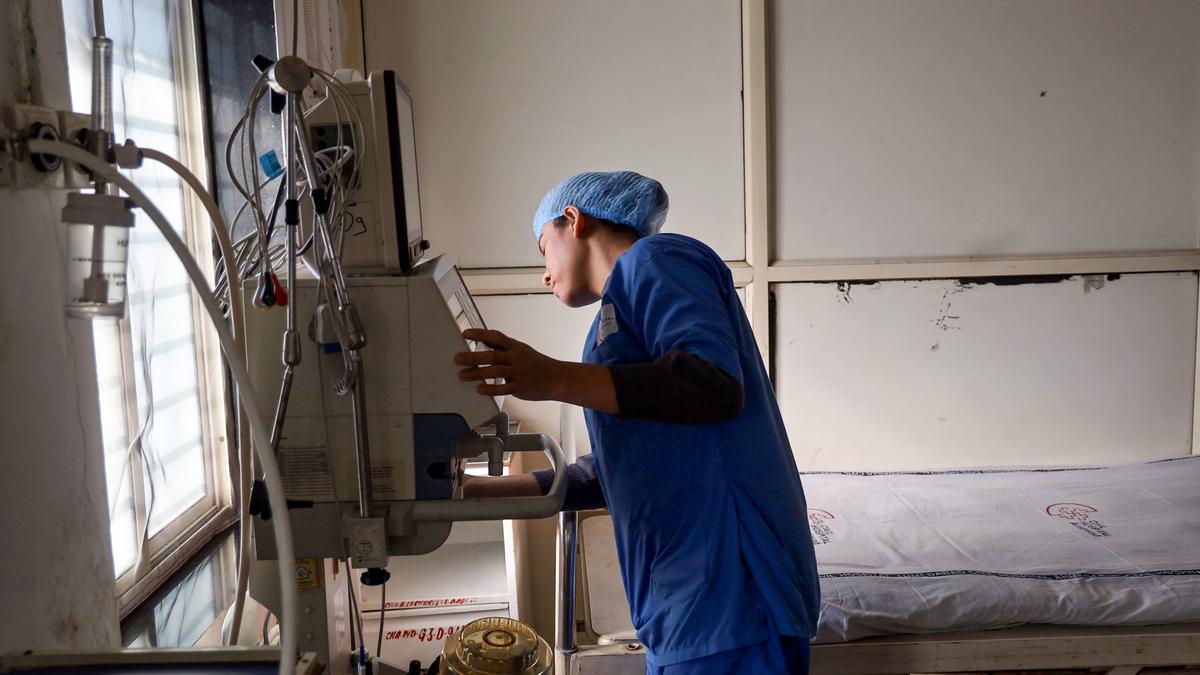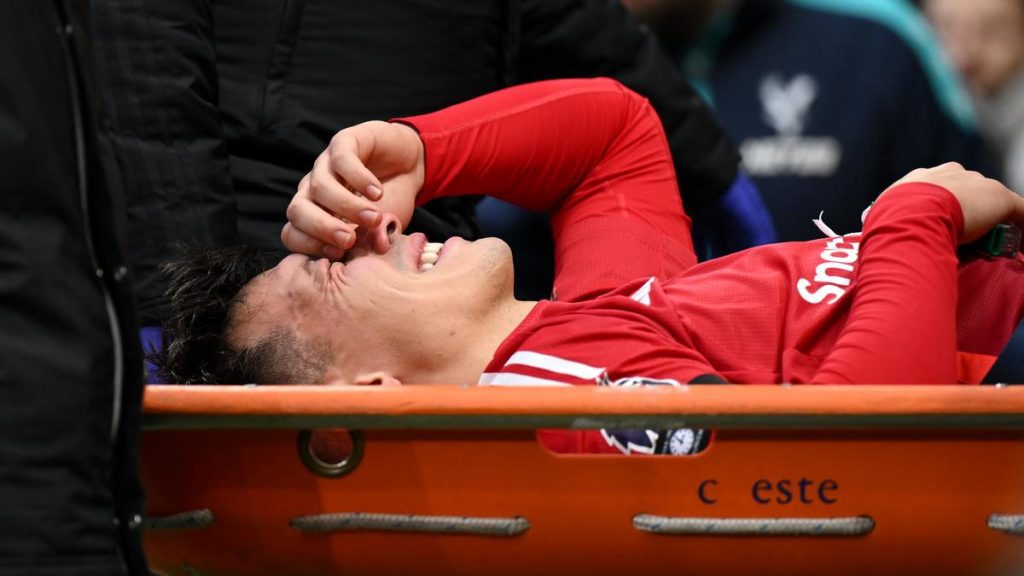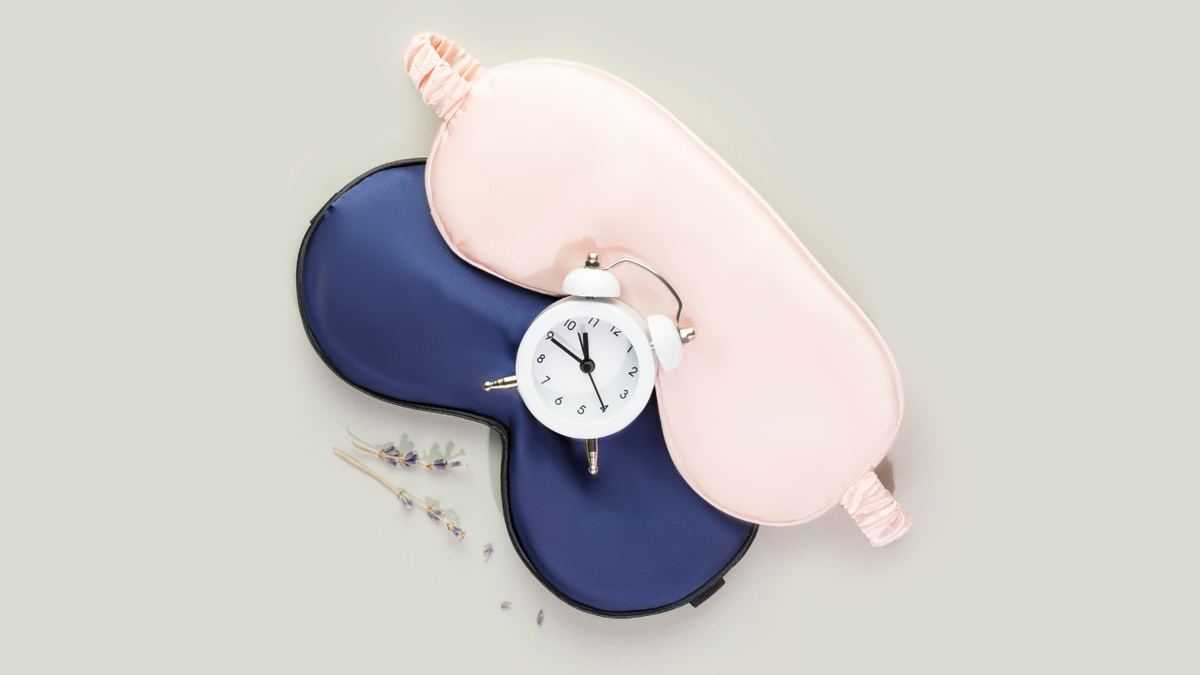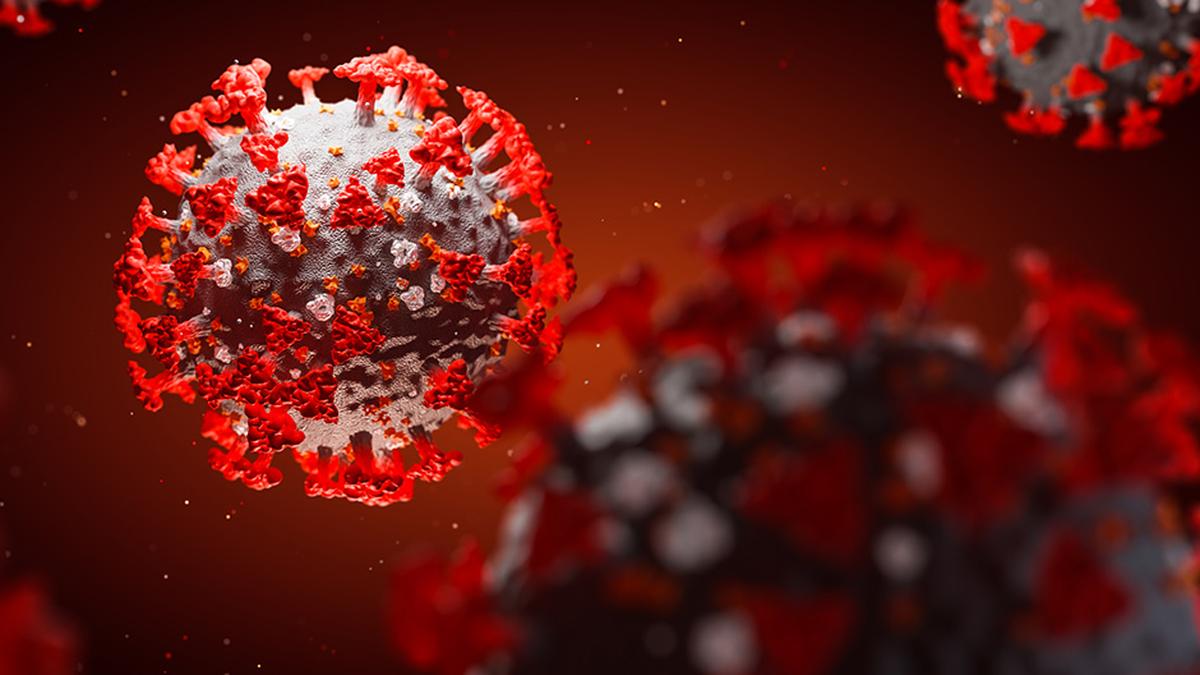All 6 HMPV patients discharged, no active case in Gujarat; Officials


All 6 HMPV patients discharged, no active case in Gujarat; Officials
“There are no active cases of human metapneumovirus (HMPV) in Gujarat currently as all six persons detected with it have been discharged from hospitals following recovery,” an official said on Monday (January 20, 2025).
“The first case was recorded in the state on January 6 when a 2-month-old boy from neighbouring Rajasthan was detected with HMPV here, he said. The infant has been discharged,” the official added.
“Later, four cases were recorded in Ahmedabad and one in Sabarkantha district,” he said.
“As of now, there is no active HMPV case in Gujarat. All six patients have been discharged from hospitals following recovery. The 8-year-old boy who was on ventilator support in the Intensive Care Unit (ICU) of a private hospital in Himmatnagar in Sabarkantha was also discharged a few days ago,” Additional Director (Public Health) Dr. Nilam Patel said.
The Ahmedabad Municipal Corporation on Monday (January 20, 2025) announced that five HMPV patients receiving treatment in hospitals in the city have been discharged.
“There are no active cases now,” confirmed AMC Medical Officer Dr Bhavin Solanki.
HMPV was first discovered in 2001 and belongs to the Paramyxoviridae family. It is closely related to the Respiratory Syncytial Virus.
It spreads through respiratory droplets from coughing or sneezing, as well as by touching contaminated surfaces or coming into direct contact with infected individuals.










